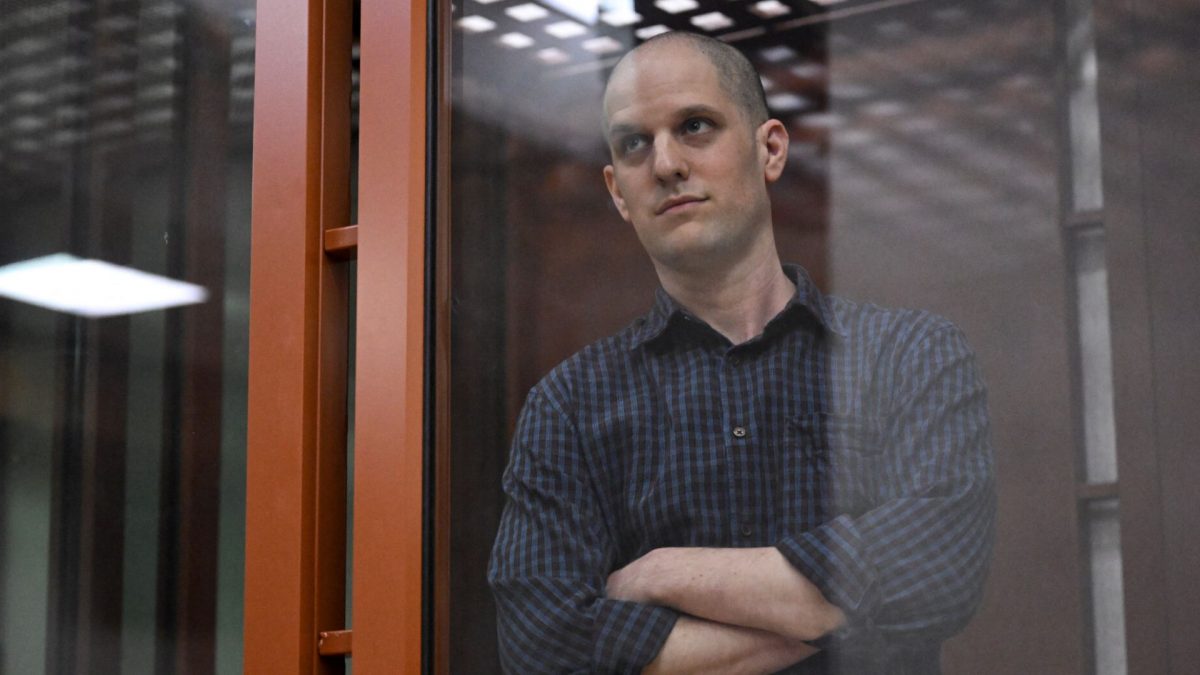The Russian judge who convicted Wall Street Journal reporter Evan Gershkovich of espionage said the trial was expedited because it did not involve a review of “material evidence”, and the verdict was swift due to his typing speed, Guardian reported citing Russian state media.
Andrei Mineyev, the judge who oversaw the case, made the comments during a conference in the city of Yekaterinburg, where he discussed various legal cases he had handled, Russian media reported.
Short trial, fast verdict
Mineyev explained the trial was brief because neither the prosecution nor defense had requested a review of material evidence, making the process relatively quick.
“The case itself was small. I don’t remember how many folders there were—three or five,” he was quoted as saying by the RIA Novosti news agency. He further remarked, “Why did it go so quickly? The point is the court did not examine material evidence.”
The judge added that he had considered the verdict in just a few hours, stating, “I retired at midday and pronounced the verdict at 5pm,” citing his ability to “type quickly” as a reason for the fast turnaround.
Accusations of espionage
Gershkovich, a 32-year-old American reporter with Russian-born parents, was arrested in March 2023 during a reporting trip in Yekaterinburg.
He was accused of collecting classified information on a major tank factory, a charge that both he and his employer, The Wall Street Journal, have consistently denied. His trial, widely condemned by international observers as a sham, was held behind closed doors, a common practice in espionage cases in Russia.
Impact Shorts
More ShortsGershkovich was sentenced on July 19, 2024, to 16 years in prison but was released two weeks later as part of a significant prisoner exchange between Russia and Western nations, the largest of its kind since the Cold War.
Despite his conviction, the US government and Gershkovich’s supporters have maintained his innocence, asserting that the charges were politically motivated.
Judge Mineyev reportedly told the Russian newspaper Kommersant that he was “100-200 per cent” certain Gershkovich was “at the same time a journalist, a spy, and a CIA agent.”
)